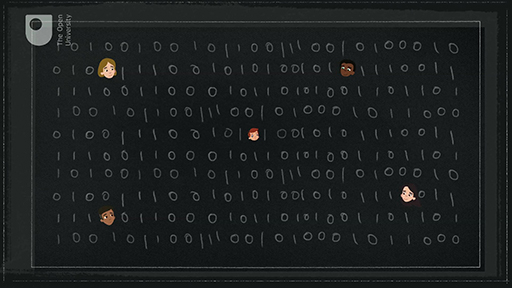Week 1: How different is a digital childhood?
Week 1 Introduction
Childhood is a time of rapid change. Some of these changes are obvious, such as height gain, language ability and physical dexterity. Others are less obvious, such as how children make sense of the information in their environment. Social scientists try to understand every aspect of children’s development, including how children learn, think and interact with those around them, and how their personalities and temperaments emerge.

Transcript: Introduction Video
In the video you heard from Dr Nathalia Gjersoe, one of the authors of this course. She is a developmental psychologist in the Faculty of Education and Language Studies at The Open University, with a research interest in children’s cognitive development (as well as a mum herself).
The other author is Dr Natalia Kucirkova, who is a researcher in early literacy, with a specific focus on the role of new technologies, shared book reading and personalisation.
To understand the rapid changes of childhood, children’s abilities are often judged against developmental milestones, such as acquiring language (babbling, talking), cognition (thinking, reasoning, problem solving), motor coordination (crawling, walking) and social skills (identity, friendships, attachments).
The main question here is how digital technology influences the acquisition of these important skills. Does technology hinder children’s physical, social and cognitive development, or does it provide exciting opportunities for learning new abilities?
Activity 1.1
What do you think? Does technology hinder children’s physical, social and cognitive development, or does it provide exciting opportunities for learning new abilities?
Make a note of you thoughts at the start of this course. Use a notebook or Word document that you can refer back to at a later date.
The Open University would love to know what you think of the course and how you plan to use it. We’re really interested in hearing from you whether you plan to study every week, take part actively in discussions or prefer to sit back and watch how they unfold. Your feedback is anonymous but will have massive value to us in improving what we deliver.
Take our start-of-course survey [Tip: hold Ctrl and click a link to open it in a new tab. (Hide tip)] .
